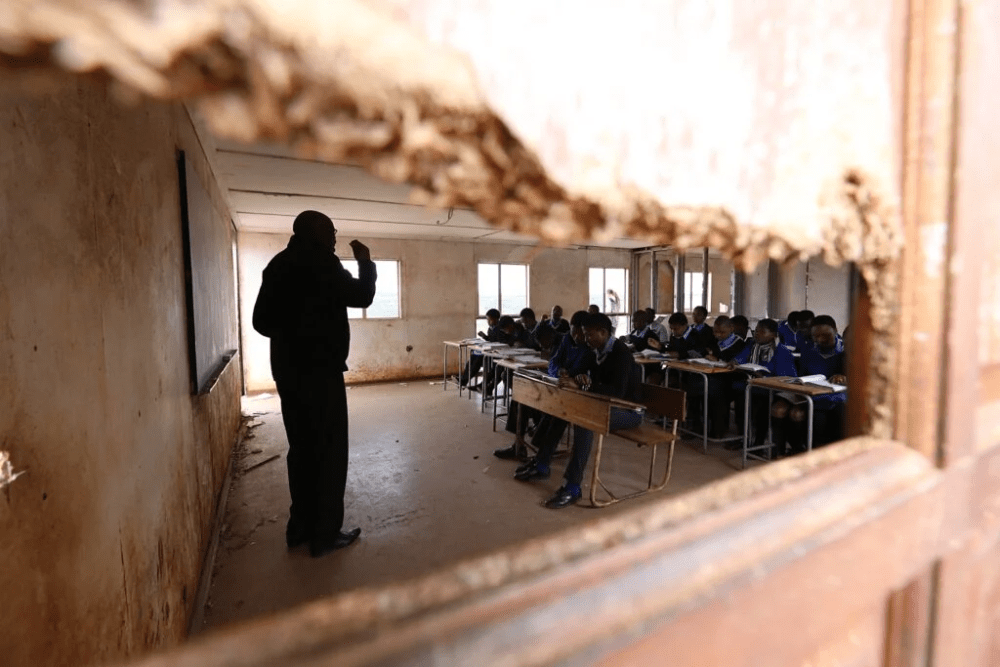
Teachers must ensure mental health and create relevance for children of the digital age who know about identity diversity, global crises and an uncertain world. (Photo by Gallo Images / Sunday Times / Thuli Dlamini)
Dear educators, parents and community leaders,
Every morning, millions of children step into classrooms carrying the weight of a world that feels far larger than the one we knew at their age. They are Generation Alpha — the most digitally connected, globally aware and socially conscious generation to date. Yet, they walk into spaces that were not designed for the realities they face.
For these children, the classroom is not just a place of learning — it is a microcosm of a rapidly shifting world. They sit with knowledge of global crises, the nuances of identity and the ceaseless hum of digital connectivity. They are fluent in the language of inclusion and diversity, not because it was taught to them, but because it is the water they swim in. And yet, they must navigate these truths in systems that often fail to acknowledge them.
We cannot overlook the tension this creates. When the frameworks meant to guide children feel irrelevant to their lived experience, they disengage — not out of defiance, but out of necessity. They are not rejecting learning; they are resisting irrelevance.
The fault is not theirs.
Generation Alpha is not a problem to solve but a possibility to nurture. They have shown us that they can think critically, adapt quickly and feel deeply. But to meet them where they are, we must first transform the environments we invite them into.
What must change?
1. Education must reflect reality: We must reimagine classrooms as spaces of exploration, not conformity. Let them question, create and collaborate in ways that honour their digital fluency and global awareness.
2. Mental health must be a priority: These children are growing up in an age of unprecedented psychological stress. We must equip educators with the tools to recognise and support emotional resilience, making mental health as central to education as literacy.
3. Inclusivity must be lived, not taught: For Generation Alpha, diversity is not a concept; it is their reality. Schools must be spaces where every child sees themselves reflected and valued, where differences are celebrated, not merely tolerated.
4. We must embrace uncertainty together: Generation Alpha will inherit a world defined by flux. Instead of shielding them from uncertainty, we must teach them to navigate it with curiosity and courage.
5. Normality must be redefined: What was once labelled as “abnormal” — neurodivergence, fluid identities or emotional expression — must now be seen as essential parts of the human experience. Our task is not to conform them but to celebrate their authenticity.
This is not a task for educators alone. It requires all of us — parents, policymakers and community leaders — to reimagine what it means to raise children in this era. The responsibility is collective, and the time to act is now. For in their eyes lies the blueprint for a more inclusive, empathetic and adaptable society.
Generation Alpha does not need us to save them; they need us to see them. To listen. To learn. To create with them a world that makes sense of the one they already live in.
Dave Swart is a clinical psychologist at the Inner Health Centre who has extensively explored the complex relationships between individual development and societal change.



